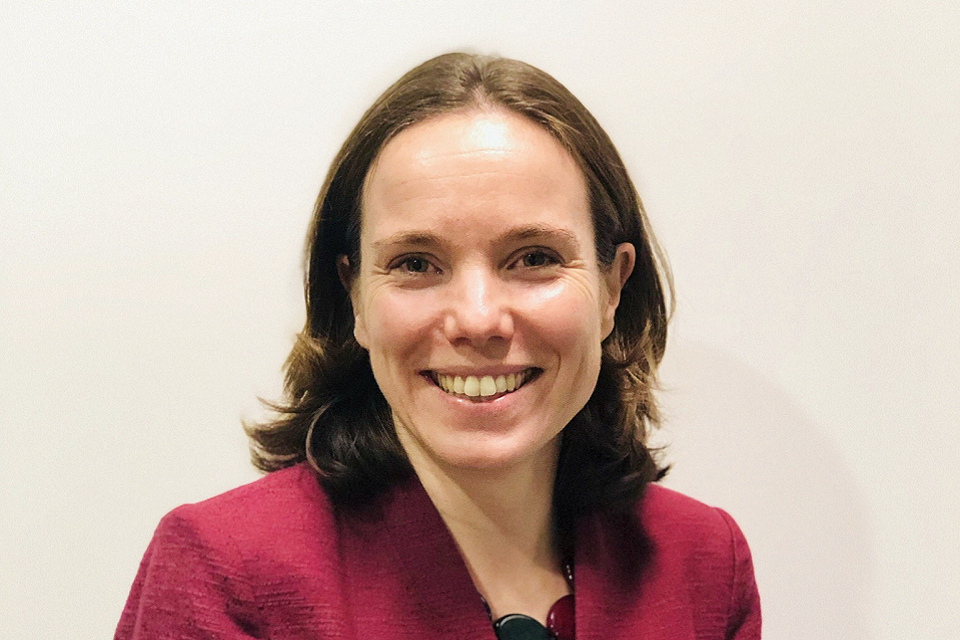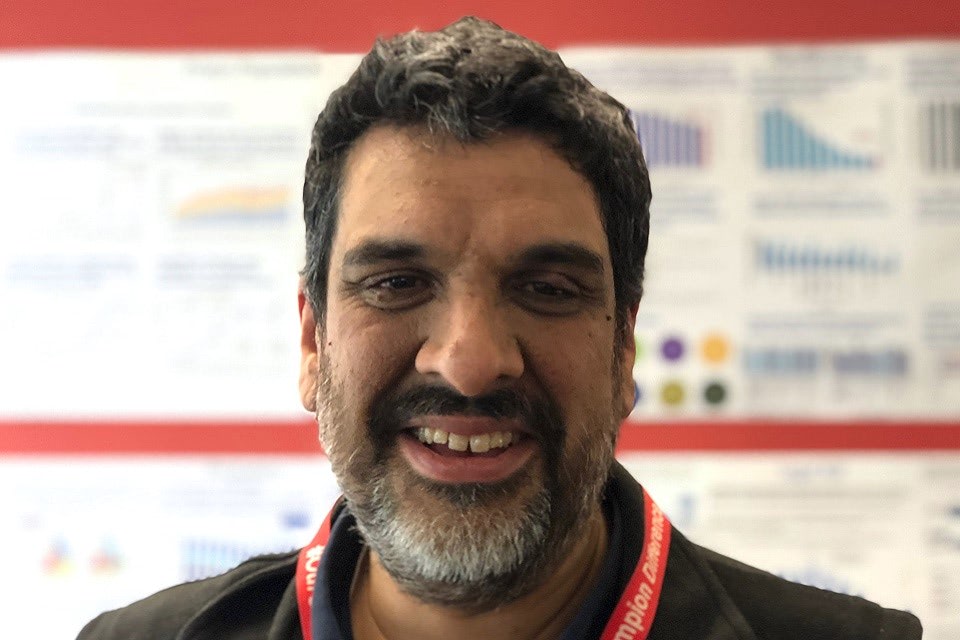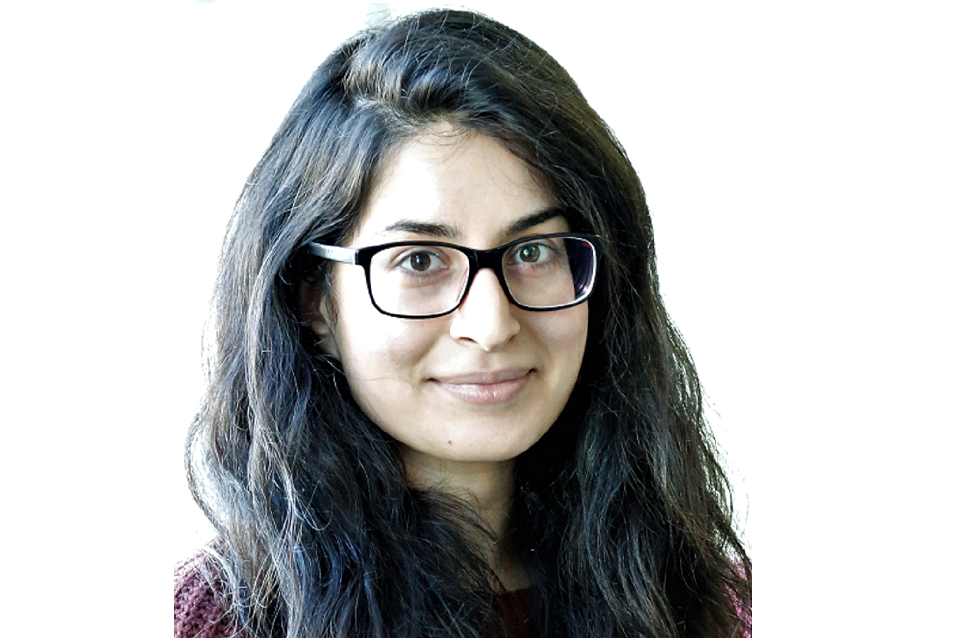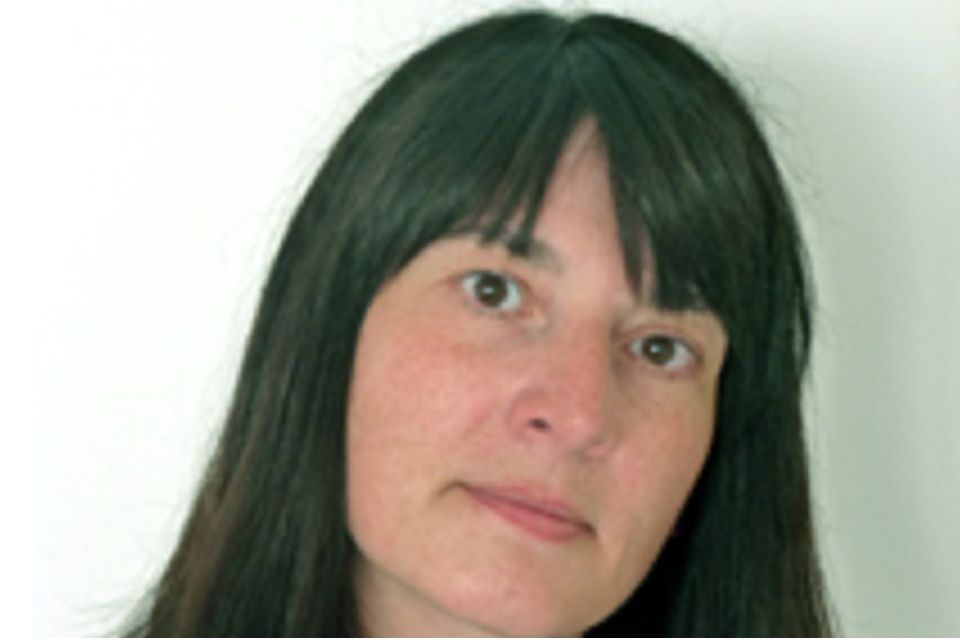Women in Economics

The work of economists in Government touches upon all aspects of life – from living standards and prosperity, an individual’s consumption choice to business growth and global trends spanning countries. This is why it is essential that the economists who provide advice for evidence-based policy making are representative of the society that the government serves. Diversity in our backgrounds leads to diversity of perspective with better approaches and more informed decisions.
The Government Economic Service (GES) is committed to upholding values that reflect the gender diversity of our society. We provide professional careers and opportunities, as well as a supportive community, for women in the field of economics. Our most recent initiative creates a vocal presence advocating for women in our profession through this webpage and our associated vlogs and blogs. We also welcome feedback on promoting non-gender conforming language.
The ‘Gender in GES’ initiative
With endorsement from the GES Board, the ‘Gender in the GES’ (GiG) initiative launched in January 2018. The focus of the initiative is to tackle the issue of gender diversity within the GES; however, we also care about the other protected characteristics. The focus is on 3 main objectives:
- Girls studying economics: increase the share of women applying to study economics at university
- GES market share – increase the share of female economists working in the GES, making the GES the employer of choice for female economists in the UK
- GES senior women/progression: increase the share of GES females in SCS positions
Read more about our objectives hereGender in the GES strand objectives (MS Powerpoint Presentation, 122KB)
GiG Committee
Words from the committee: “We are co leading the Gender in the GES initiative because the economics profession in government and more widely, is lagging behind the wider civil service and other professions in gender diversity. The evidence is clear that diverse teams get better outcomes and diversity of approach and experience is as true for economic analysis and advice as for all of the other work of the civil service. We are working collaboratively to attract and retain more women to careers in economics”
Jenny Bates, Director, EU Exit and Economic Partnerships, Department for Business, Energy and Industrial Strategy (BEIS)

Jenny has been a member of the Government Economics Service (GES) since 2001 and is co-leading a new initiative to improve gender diversity in the economics profession in government.
Osama Rahman, Director of Analysis and Chief Scientific Adviser, Department for Education (DfE)

Before joining the DfE, Osama spent 14 and a half years at the Ministry of Justice (MoJ). He has been a member of the Government Economic Service (GES) since 2003.
Fizza Jabbar, Economist, Department for Business, Energy and Industrial Strategy (BEIS)

Fizza has worked in BEIS for over 2 years.
As GiG secretariat, her main responsibilities include;
- Guiding, facilitating and coordinating strategic planning with direction from Senior Committee
- Providing support to the initiative leads
- Maintaining up-to date knowledge and effective records of the initiative’s activities
- Coordinating the exchange of information and decisions between GiG volunteers, the GiG Committee, GESR team, GES Board and Joint-Heads of the GES.
Words from the committee: “We are co leading the Gender in the GES initiative because the economics profession in government and more widely, is lagging behind the wider civil service and other professions in gender diversity. The evidence is clear that diverse teams get better outcomes and diversity of approach and experience is as true for economic analysis and advice as for all of the other work of the civil service. We are working collaboratively to attract and retain more women to careers in economics”
Research

The research strand focuses on the development of evidence around the existence and extent of gender diversity and inclusion in the GES, by encouraging a deeper understanding of the root problems and solutions. Our main objectives are:
- Conduct a survey of the GES profession, including a survey of a comparison group (the Government Social Research profession) and of the GES alumni. In July 2018 we launched the GES Members Survey on Gender Diversity and Inclusion, receiving more than 900 responses.
- Developing a literature review of the drivers around the choice to study economics and to become professional economists.
- Support other strands in the GIG initiative by contributing evidence around their work programmes.
Education
The education strand looks into how economics is taught in schools and universities and what drives female students to study economics. We are establishing a network of like-minded universities and public and private organisations to work together to make economics a more attractive educational choice for women.
Marketing and outreach

This strand encourages outreach initiatives to give the broadest range of women easier access to career paths in the Government Economic Service. We actively showcase female role models and their success as professional economists in the Civil Service and wider public sector. We promote improved economic communications and engagement so that our profession is seen as more connected and relevant to women.

Best practice

The Best Practice strand is made up of a small group of Economists from a variety of grades and departments and is led by Hannah Manak. The main aim of the strand is to change and standardise workplace practices across departments to create a more inclusive, supportive and representative environment for female Economists to work in. There have been a few successes so far in the strand, including the creation of a “Top Female Economists” directory and the creation and implementation of the equal gender panels pledge which was implemented across the GES in autumn 2018.
Retention
The Retention strand, led by Oyin Lapite was commissioned to identify sources of attrition and develop initiatives that would encourage the retention of women in the GES. Its mission is to enhance the success, experience, and retention of women by working with all departments to research, understand and address retention issues.
We are passionate about creating a cross government conversation between women, providing information and advice to help women achieve career success in the GES. The strand will be responsible for coordinating retention efforts and talent management/progression as pertains to women in the GES. The retention strand is also responsible for the ‘Gender in Government’ flagship event to motivate, reward and engage female economists across the GES.
1st Open Day Fair – Women in Economics – 16 November 2018
For the first time, we organised this year as special event to promote the GES as a career for women at the Department for Business Energy and Industrial Strategy. Students were able to engage directly with women from a range of backgrounds and at all levels of seniority in the GES.
The event started with an initial panel discussion showcasing different professional journeys and discussing the varied work GES economists do. This was followed by a Fair in which a number of Departments hosted a stand and provided one to one information. Students were able to find out about opportunities from many Departments. The Ministry of Justice, The Department for Work and Pensions, the Department of the Environment, Fisheries and Rural Affairs , the Office for National Statistics, the Department for International Trade, the Department for Education, the Department for Culture Media and Sports, Her Majesty’s Treasury, The Department for Transport, the Department of Health, the Department for Business Energy and Industrial Strategy and the Women in Economics Network were all represented.
The Gender in the GES initiative promotes gender diversity in economics. We aim to increase female participation in economics in government and academia. Gender in the GES strand objectives











Responses